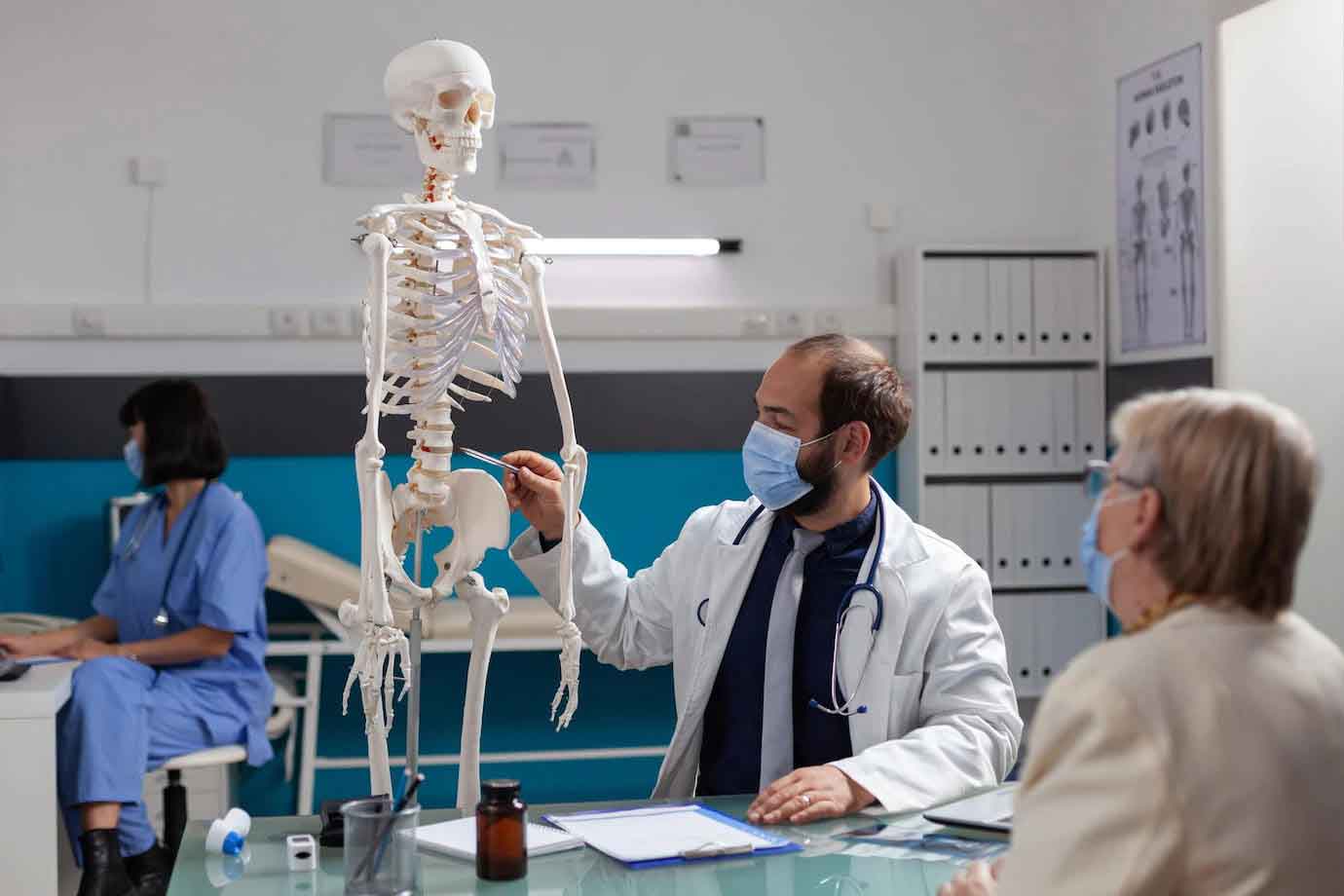13 Dec 2022 | Jennifer
What are the signs of spinal problems?
Chronic back or neck pain affects activities of daily life. Chronic pain has a psychological impact that can affect mood, decision-making, and quality of life. One suffering from pain wants relief from this pain as early as possible. If you have tried many options, the question arises: Is this the time to see a spine specialist?
Here are some indications that you need to consult a spine specialist.
- Spinal deformity :- About 2% to 3% of people have a lateral curvature of the spine. Scoliosis is a common spinal deformity. Other conditions are kyphosis and osteoporosis. Mild to severe scoliosis can affect mobility, flexibility, and everyday life. Adults may experience this due to arthritis, a spinal injury, or other conditions. This condition typically appears in children during adolescent growth spurts. To resolve your issue, you should see a spine doctor regardless of your condition. Physical therapy and back braces are helpful in the early stages and surgery for later stages of deformities.
- You are in constant pain :- Many patients suffer from acute pain due to overexertion or muscle strain. Acute pain refers to a short-lived stabbing or tingling sensation. With over-the-counter medications and relaxation, this kind of injury will usually go away on its own within a few days. Chronic pain may be a sign of underlying spine conditions. Chronic pain refers to months-long conditions. It is important to consult a spine specialist if your pain is chronic.
If you can’t bend or exercise without pain, it’s a sign to visit a spine specialist.
- Injured in an accident :- Some got spinal issues after an auto accident. An unexpected injury leaves little time for making decisions. But act fast. A spine surgeon can check your back problem and make a prompt and effective treatment plan. In some cases, spinal surgery is the best option for quick relief, which can reduce the duration of back discomfort.
- Numbness or tingling :- If you are injured in an accident, a nerve problem is common. You will feel numbness in your feet, legs, and back or sharp nerve pain that feels like tingling or needles. If you are experiencing these signs, visit a spine specialist. Nerve damage if left untreated may result in permanent disability.
- Limited mobility :- Although flexibility reduces with age, minimally invasive spine surgery could give you the relief you need and deserve if pain and limited mobility are keeping you from enjoying daily life. Your doctor may recommend exercise or physical therapy for your condition.
- Pain radiating toward legs :- Pain radiating to the legs is known as sciatica in which spinal bones put pressure on the nerve root of the spine. An upper extremity with this type of pain is called radiculopathy. Immediately contact a spine specialist if :-
- Back pain occurs along with leg pain.
- Pain occurs in the back or neck after a trauma, such as a vehicle accident or a fall.
- Pain in the back accompanied by foot problems.
- Your condition is getting worse with time :- If your condition is not improving, contact a spine specialist for further suggestions. Common treatments include medication and physical therapy. But if no improvement is there, surgery is the next option. Discuss treatment options with your specialist.
Physical therapy for spine issues
Physical therapy is a common option to consider before surgery. Physical therapists usually focus more on developing the core muscles (abdomen and lower back). Posture usually becomes better by strengthening these muscles. Lower back pain has been shown to be directly correlated with good posture and core strength. Consult a spine specialist if physical therapy doesn't provide long-term relief.

Is spine treatment necessary?
Spine treatment depends on the individual’s condition. Dallas Back Clinics usually starts our treatment plans with nonsurgical options, and surgeons will develop a customized treatment plan based on your needs. Personalized care will be given to the patients they need. Surgical treatment is the last option after medication and physical therapy. If these options do not alleviate pain then comes surgery treatment.
What spinal conditions require surgery?
Surgery may be necessary for the treatment of degenerative spine disorders such as stenosis and herniated disks as well as spinal deformities, infections, trauma, and tumors.
It could be time for surgery if your pain is severe or ongoing. The doctor at Dallas Back Clinics is an expert in medical and surgical treatment and provides individualized treatment plans for all of their patients in order to ensure that each patient is educated and informed about their procedure. Seeing a spine surgeon is often thought of as a last resort, but it's best to get an appointment as soon as possible.

 Telehealth Visits Available
Telehealth Visits Available
